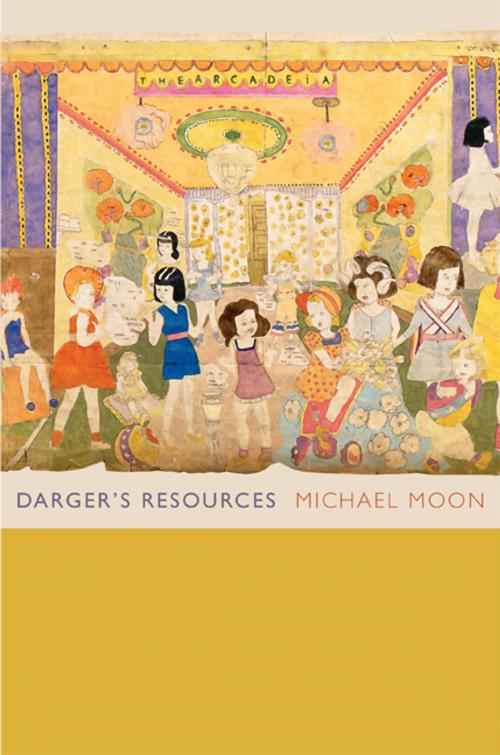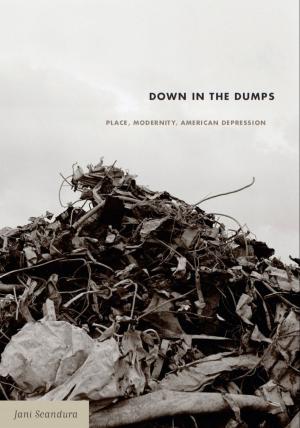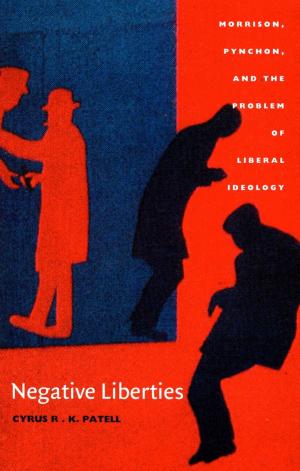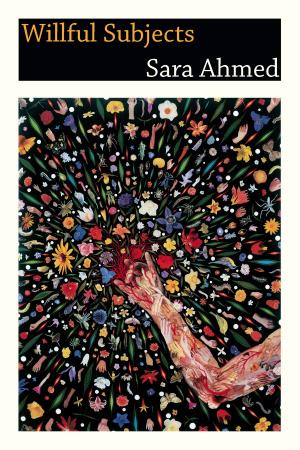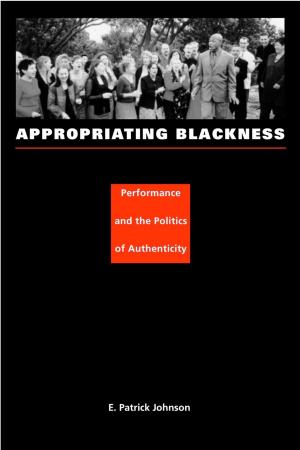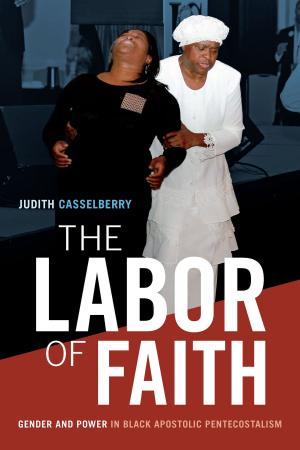Darger's Resources
Nonfiction, Art & Architecture, General Art, Folk Art, Individual Artist, Artists, Architects & Photographers| Author: | Michael Moon | ISBN: | 9780822394891 |
| Publisher: | Duke University Press | Publication: | March 12, 2012 |
| Imprint: | Duke University Press Books | Language: | English |
| Author: | Michael Moon |
| ISBN: | 9780822394891 |
| Publisher: | Duke University Press |
| Publication: | March 12, 2012 |
| Imprint: | Duke University Press Books |
| Language: | English |
Henry Darger (1892–1973) was a hospital janitor and an immensely productive artist and writer. In the first decades of adulthood, he wrote a 15,145-page fictional epic, In the Realms of the Unreal. He spent much of the rest of his long life illustrating it in astonishing drawings and watercolors. In Darger's unfolding saga, pastoral utopias are repeatedly savaged by extreme violence directed at children, particularly girls. Given his disturbing subject matter and the extreme solitude he maintained throughout his life, critics have characterized Darger as eccentric, deranged, and even dangerous, as an outsider artist compelled to create a fantasy universe. Contesting such pathologizing interpretations, Michael Moon looks to Darger's resources, to the narratives and materials that inspired him and often found their way into his writing, drawings, and paintings. Moon finds an artist who reveled in the burgeoning popular culture of the early twentieth century, in its newspaper comic strips, pulp fiction, illustrated children's books, and mass-produced religious art. Moon contends that Darger's work deserves and rewards comparison with that of contemporaries of his, such as the "pulp historians" H. P. Lovecraft and Robert Howard, the Oz chronicler L. Frank Baum, and the newspaper cartoonist Bud Fisher.
Henry Darger (1892–1973) was a hospital janitor and an immensely productive artist and writer. In the first decades of adulthood, he wrote a 15,145-page fictional epic, In the Realms of the Unreal. He spent much of the rest of his long life illustrating it in astonishing drawings and watercolors. In Darger's unfolding saga, pastoral utopias are repeatedly savaged by extreme violence directed at children, particularly girls. Given his disturbing subject matter and the extreme solitude he maintained throughout his life, critics have characterized Darger as eccentric, deranged, and even dangerous, as an outsider artist compelled to create a fantasy universe. Contesting such pathologizing interpretations, Michael Moon looks to Darger's resources, to the narratives and materials that inspired him and often found their way into his writing, drawings, and paintings. Moon finds an artist who reveled in the burgeoning popular culture of the early twentieth century, in its newspaper comic strips, pulp fiction, illustrated children's books, and mass-produced religious art. Moon contends that Darger's work deserves and rewards comparison with that of contemporaries of his, such as the "pulp historians" H. P. Lovecraft and Robert Howard, the Oz chronicler L. Frank Baum, and the newspaper cartoonist Bud Fisher.
